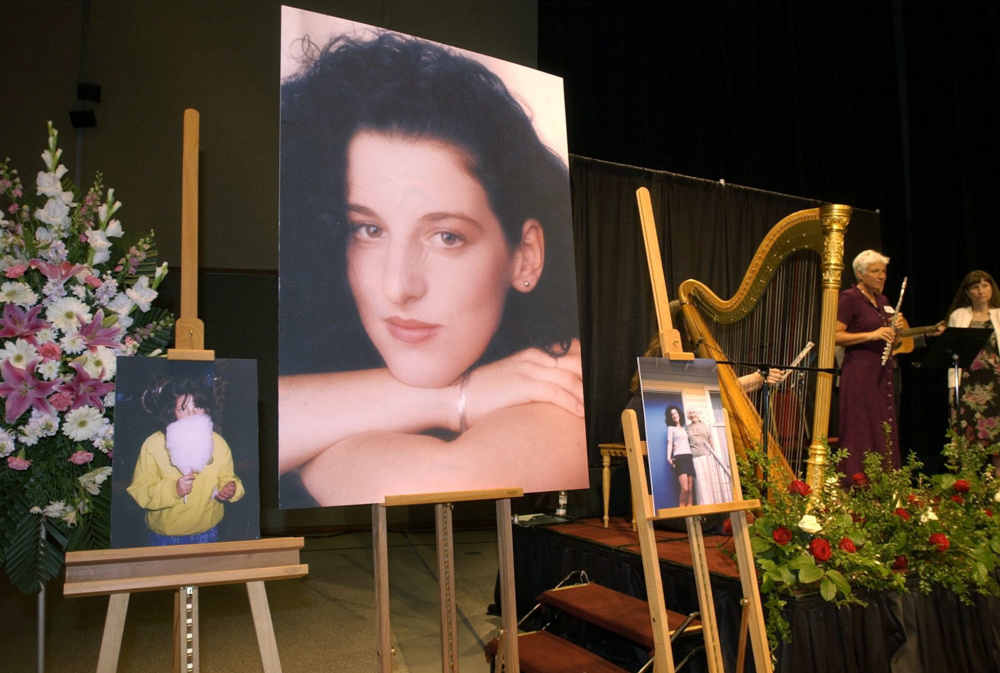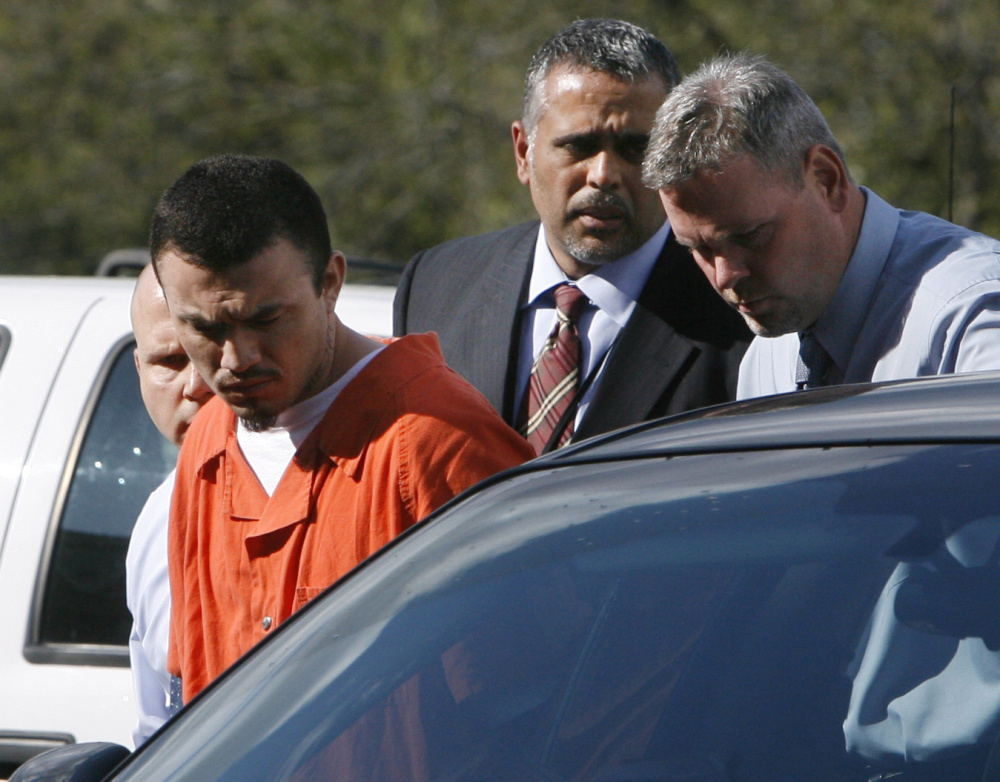Summer resident, 92,
has smiles to go
He continues to climb mountains, bike and swim in Lovejoy Pond. e
McLEAN, Va. — Armando Morales was a gang leader, drug dealer and a jailhouse snitch. But he was also a dynamic presence on the witness stand when he told jurors that his cellmate, Ingmar Guandique, confessed to the murder of Washington intern Chandra Levy.
Jurors believed Morales, and prosecutors obtained a conviction against Guandique at his 2010 trial despite lacking a confession, witnesses or DNA evidence. They obtained a conviction even though everyone knew that police had initially suspected another man, former California Rep. Gary Condit.
But for the last five years, while Guandique was imprisoned on what was to have been a 60-year murder sentence, defense lawyers accumulated new information that cast doubt on Morales’ truthfulness. They learned that he asked to be put into the witness protection program in exchange for his testimony, even though he testified he hadn’t sought any benefit for testifying.
Last year, a judge ordered that Guandique receive a new trial after prosecutors acknowledged a retrial was warranted.
Meanwhile, as questions about Morales continued to grow, a woman named Babs Proller who met Morales by happenstance began recording her conversations with him, and turned them over to authorities this month.
On Thursday, prosecutors dropped all charges against Guandique, saying they had received evidence that would make it impossible for them to prove their case beyond a reasonable doubt.
Bill Miller, a spokesman for the U.S. Attorney’s Office, declined to say whether the recordings prompted prosecutors to seek dismissal of the case.
Edward Brady, an attorney for Proller, said his client became involved in the case by sheer coincidence and contacted prosecutors, defense attorneys and Levy’s mother.
“She did this because she believed then, and believes now, that it was the right thing to do,” Brady said.
Susan Levy, Chandra Levy’s mother, said Friday at her Modesto, California, home that she had been in contact with someone, then called the prosecutors to alert them.
Levy described feeling despair over her daughter’s unsolved murder and, at the same time, relief that she won’t have to rehash the case in court in October, when Guandique’s retrial had been scheduled.
“It’s weird, all of a sudden it’s no longer there and he’s released,” Levy said. “I’m not sure what’s going to happen next – I clean my house, I wash my dishes and, when I feel better, I try to get back to being a halfway human being.”
David Benowitz, a criminal de fense attorney in Washington, said prosecutors have clear obligations to inform defense attorneys of any potential issues when they use jailhouse informants.
“Jailhouse snitch testimony is inherently unreliable,” he said. The problem is exacerbated, he said, when prosecutors refuse to disclose information that would allow the defense to attack the informant’s reliability.
Brandon Garrett, a University of Virginia law professor who wrote a book detailing the degree to which false testimony from jailhouse informants contributes to wrongful convictions, suggests that such testimony should be banned altogether.
“If they are to be used there should be reliability review by a judge and all statements and interviews they give should be videotaped. All leniency offers should be documented and disclosed,” he said in an email interview.
Send questions/comments to the editors.




Success. Please wait for the page to reload. If the page does not reload within 5 seconds, please refresh the page.
Enter your email and password to access comments.
Hi, to comment on stories you must . This profile is in addition to your subscription and website login.
Already have a commenting profile? .
Invalid username/password.
Please check your email to confirm and complete your registration.
Only subscribers are eligible to post comments. Please subscribe or login first for digital access. Here’s why.
Use the form below to reset your password. When you've submitted your account email, we will send an email with a reset code.